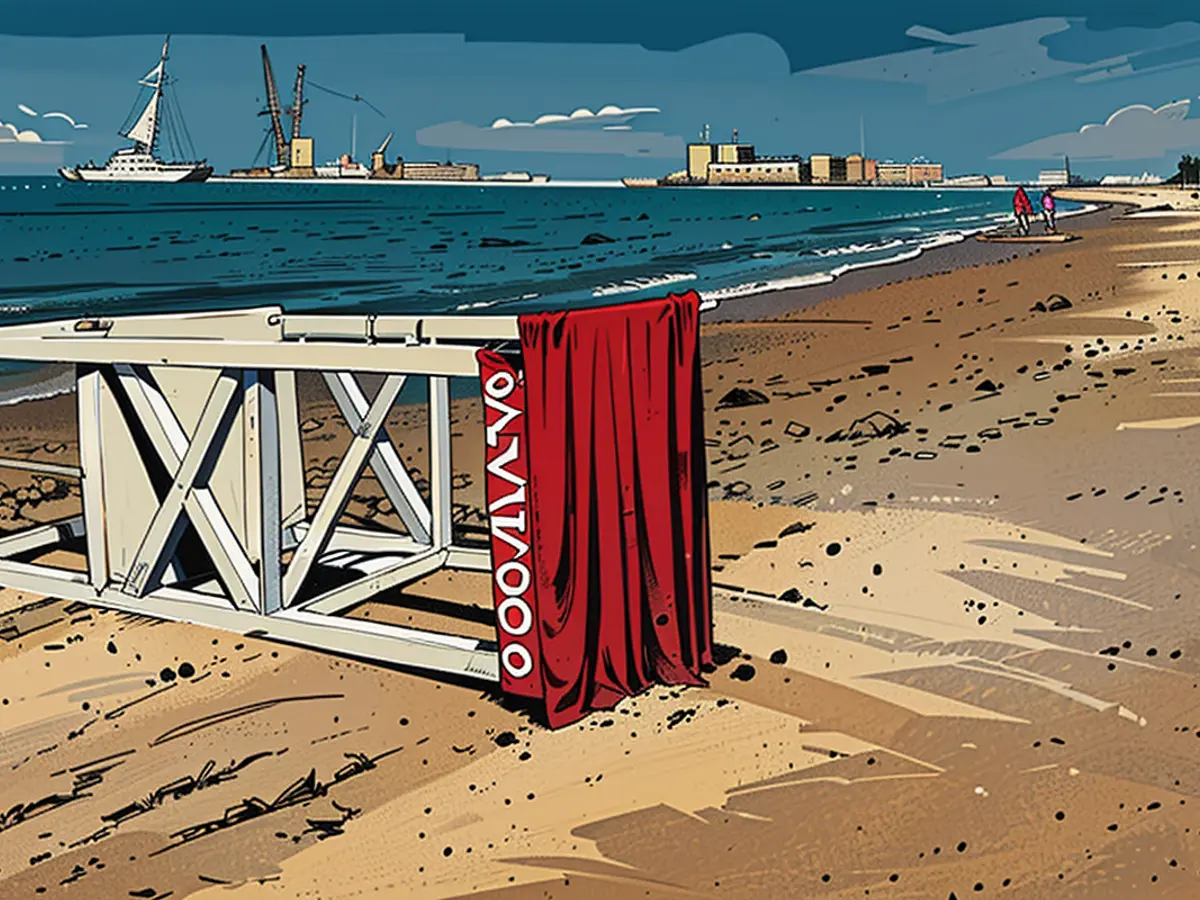Large number of Germans support boundary checks
For quite a while now, border control from the Baltic Sea to the Bodensee has been tightened up. This strict monitoring is not limited to German borders during the European Football Championship, but is widely supported by many Germans. However, opinions differ on the regulation of third parties.
The prolongation of border controls past the European Football Championship, as requested by the Union, has garnered approval from a majority of Germans. According to an RTL/ntv-Trendbarometer survey, 57 percent believe it's appropriate to maintain border controls at German external borders after the EM.
On the flip side, 41 percent oppose extending border controls. The CDU and CSU back this measure "until the EU external borders are effectively protected," as stated in a Union faction proposal in the German Bundestag in February. The AfD generally supports border controls.
Federal Interior Minister Nancy Faeser praised the expanded controls at German borders during the EM. During the past two weeks, "over 400 arrest warrants have been enforced, and around 50 hooligans have been stopped from entering," she told the "Cologne City Anzeiger." The controls were applied to all German borders beginning of June. They will continue till shortly after the tournament until July 19. Temporary controls were already in effect at the borders to Poland, Czechia, Switzerland, and Austria due to the migration crisis.
Regarding the EM, Faeser described it as an "immense police effort" for both federal and state police. For the Federal Police, the football tournament is "the largest deployment in their history. Every day, 22,000 Federal Police officers are on duty."
Forsa also inquired about the so-called third-country regulation for the Trendbarometer. This involves processing asylum applications in "third countries." Italy has agreed to such a procedure with Albania, and the British government wants to send asylum seekers to Rwanda. Forty-six percent find such outsourcing of asylum procedures logical. An equal number deem it illogical.
Majorities find such outsourcing of asylum procedures logical among Union party supporters, BSW supporters, AfD supporters, and FDP supporters. Among SPD supporters and Greens supporters, a clear majority reject this procedure.
The data was collected by the Market and Opinion Research Institute Forsa on behalf of RTL Germany on June 21 and 24. Data basis: 1005 respondents. Statistical error tolerance: plus/minus 3 percentage points.
More info on Forsa here.
Forsa conducts surveys for RTL Germany.





